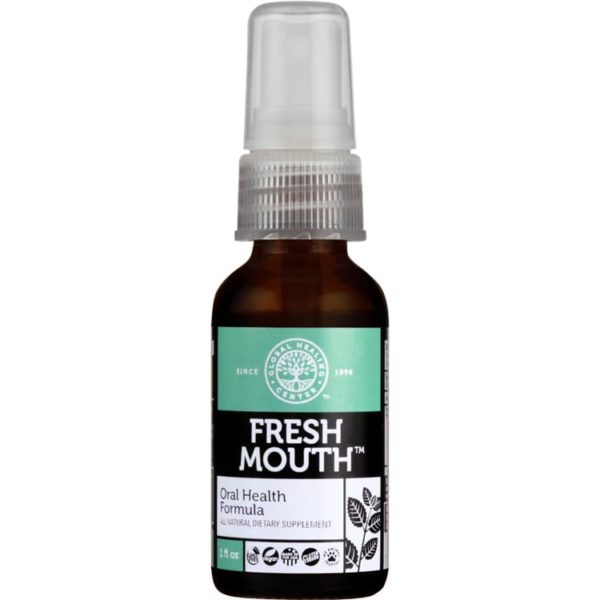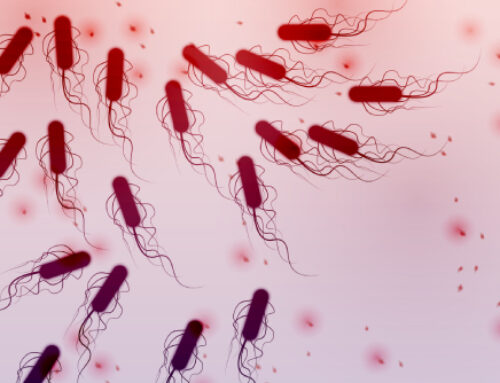When faced with bad breath, many people immediately turn their head to temporary treatments for this problem rather than thinking about the cause of the problem.
The reality is that bad breath can be caused by health conditions, foods, and possibly your habits. If you suffer from chronic bad breath, you should first examine your hygiene habits. Make sure that you floss at least once a day, and that you brush your teeth regularly.
It is also possible for chronic dry mouth conditions to play a part in the development of bad breath. Dry mouth is caused by the decomposition of dead cells in your mouth and on your tongue. This decomposition results in an unpleasant odor.
Extreme dieting and the use of tobacco products, soft drinks, coffee and alcohol are other contributors to the development of bad breath. Tobacco products, of course, should never be used at all. Radical diets and fasting are the main dietary changes that usually result in bad breath issues.
Following a raw food diet, or simply modifying your diet towards drinking and eating healthier things, such as organic fruits and vegetables, does not generally have such negative results on bad breath.
Lack of Digestion and Bad Breath
You may not be aware of this, but insufficient digestion and not chewing your food completely can cause you to have bad breath. If you suffer from certain bowel disorders, constipation, or a sluggish digestive system, you are a prime candidate for developing bad breath. The reason for this is that these conditions create an excess of gas in your body, and much of that gas exits through your mouth.
One of the culprits involved in having a sluggish digestion is the lack of hydrochloric acid in the stomach. If there isn’t enough hydrochloric acid, food that is undigested winds up being passed into your intestines where it emits a noxious odor. This odor then causes bad breath.
Natural Remedies for Bad Breath
In your quest to find a solution to your problem, you may be tempted to turn to your favorite over the counter mouthwash. Mouthwash is one of those temporary treatments that can be used in the fight against bad breath, but its effects will not last for more than about an hour.
If you use mouthwash, it is particularly important that you choose a mouthwash containing no alcohol at all. There are a couple of reasons for this. One, alcohol actually contributes to the development of bad breath. Two, studies have shown that mouthwashes containing more than 25% alcohol are linked to an increased risk of developing oral cancer.
There are actually a number of natural remedies that can be used that may help you relieve bad breath. Taking a tablespoon of Bragg’s apple cider vinegar mixed with water, prior to eating meals is supposed to help your digestive processes run more smoothly.
You might also find a salt water gargle (I recommend Himalayan Crystal Salt) to be useful, as this combination helps to eliminate bacteria from your throat and tonsils. Some other natural remedies include:
- Organic Mint
- Organic Sage
- Organic Fresh Parsley
- Tea Tree Oil
- 3% Hydrogen Peroxide
- Chewing gum (Sugarless)
Using an all-natural breath spray can help. My favorite, which I use on a regular basis, is called FreshMouth. It offers you all natural ingredients in the fight against bad breath without the addition of any harmful or dangerous ingredients.
Regardless of the natural remedy you choose, make sure that you research the ingredients prior to making a decision. Exploring your options ahead of time is the best way to ensure that you choose an option that is healthy and effective.
I also recommend cleansing your body. If you have bad breath most likely your body has reached toxic levels. I would start with a colon cleanse and then move onto doing a liver cleanse.
If you’re looking for a supplement to get rid of bad breath, check out FRESH MOUTH at the AlrightStore.

†Results may vary. Information and statements made are for education purposes and are not intended to replace the advice of your doctor. Global Healing Center does not dispense medical advice, prescribe, or diagnose illness. The views and nutritional advice expressed by Global Healing Center are not intended to be a substitute for conventional medical service. If you have a severe medical condition or health concern, see your physician.





Leave A Comment